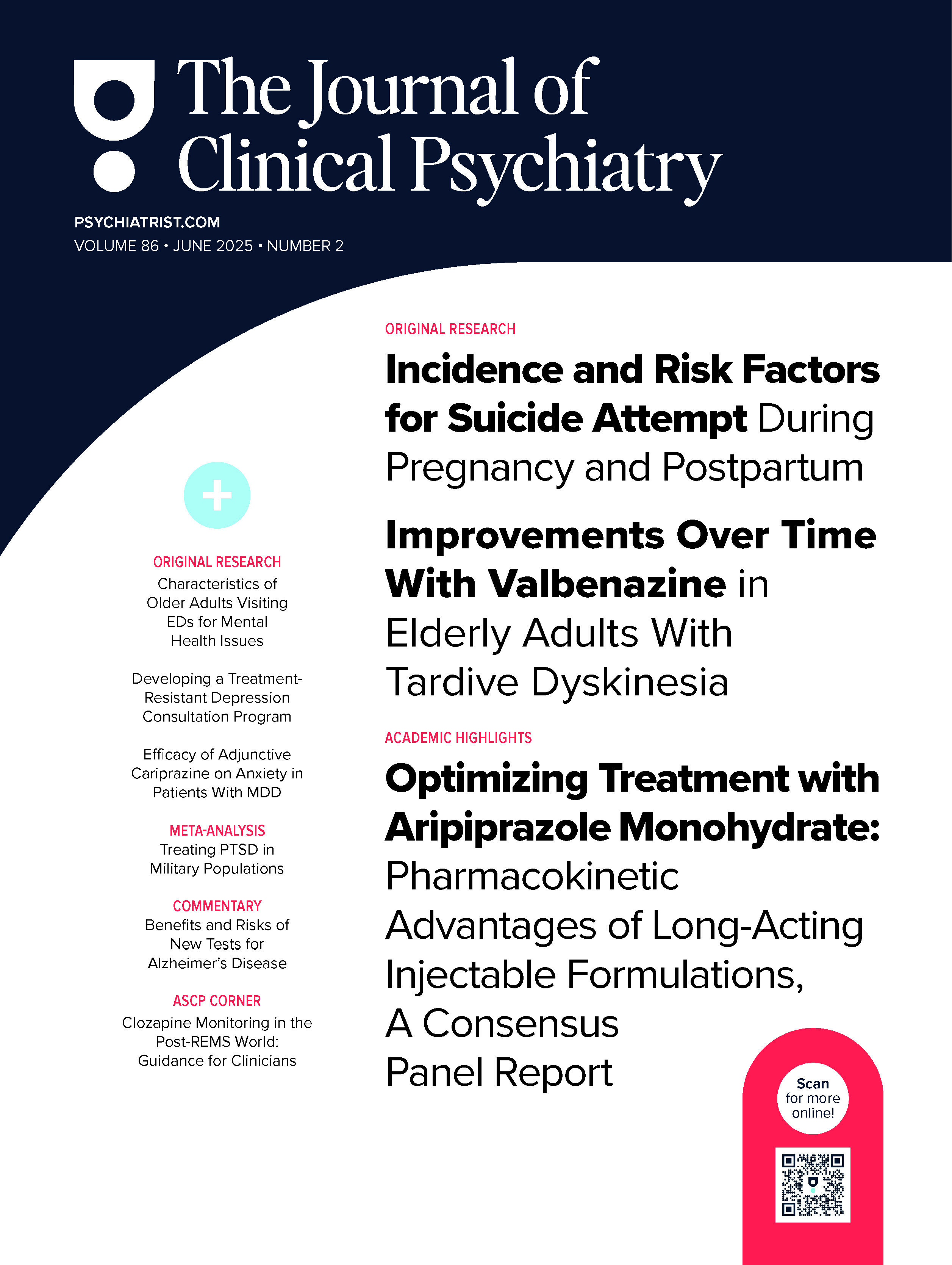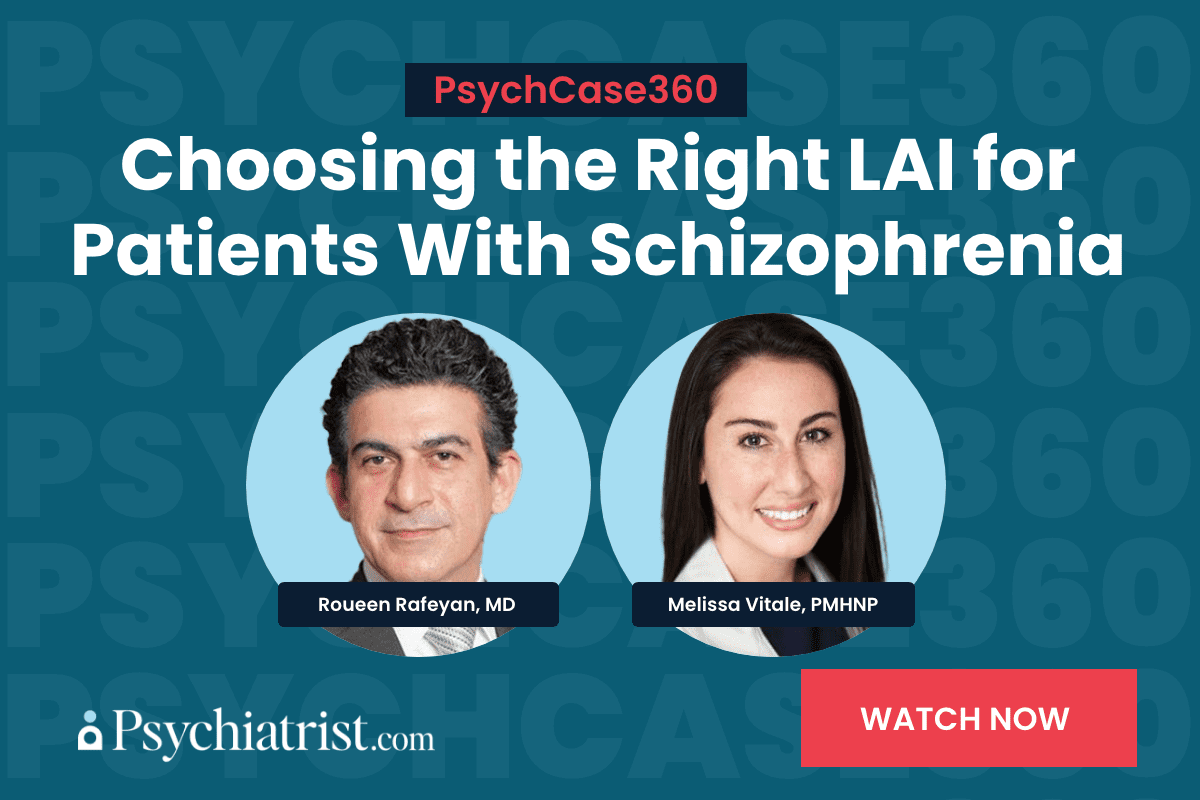Objective: A double-blind, randomized, placebo-controlled study was designed to assess the efficacy and safety of electroencephalographic (EEG) neurofeedback in children with attention-deficit/hyperactivity disorder (ADHD). The study started in August 2008 and ended in July 2012 and was conducted at Karakter Child and Adolescent Psychiatry University Centre in Nijmegen, The Netherlands.
Method: Forty-one children (aged 8-15 years) with a DSM-IV-TR diagnosis of ADHD were randomly assigned to treatment with either EEG neurofeedback (n = 22) or placebo neurofeedback (n = 19) for 30 sessions, given as 2 sessions per week. The children were stratified by age, electrophysiologic state of arousal, and medication use. Everyone involved in the study, except the neurofeedback therapist and the principal investigator, was blinded to treatment assignment. The primary outcome was severity of ADHD symptoms on the ADHD Rating Scale IV, scored at baseline, during treatment, and at study end. Clinical improvement as measured by the Clinical Global Impressions-Improvement scale (CGI-I) was a secondary outcome.
Results: While total ADHD symptoms improved over time in both groups (F1,39 = 26.56, P < .001), there was no significant treatment effect, ie, group ×— time interaction (F1,39 = 0.36, P = .554); the same was true for clinical improvement as measured by the CGI-I (P = .092). No clinically relevant side effects were observed. Among the children and their parents, guessing treatment assignment was not better than chance level (P = .224 for children, P = .643 for parents).
Conclusion: EEG neurofeedback was not superior to placebo neurofeedback in improving ADHD symptoms in children with ADHD.
Trial Registration: ClinicalTrials.gov identifier: NCT00723684
J Clin Psychiatry 2013;74(8):821-827
© Copyright 2013 Physicians Postgraduate Press, Inc.
Submitted: December 7, 2012; accepted March 29, 2013 (doi:10.4088/JCP.12m08321).
Corresponding author: Martine van Dongen-Boomsma, MD, Reinier Postlaan 12, 6525 GC Nijmegen, The Netherlands ([email protected]).
Members Only Content
This full article is available exclusively to Professional tier members. Subscribe now to unlock the HTML version and gain unlimited access to our entire library plus all PDFs. If you’re already a subscriber, please log in below to continue reading.
Please sign in or purchase this PDF for $40.00.
Already a member? Login

